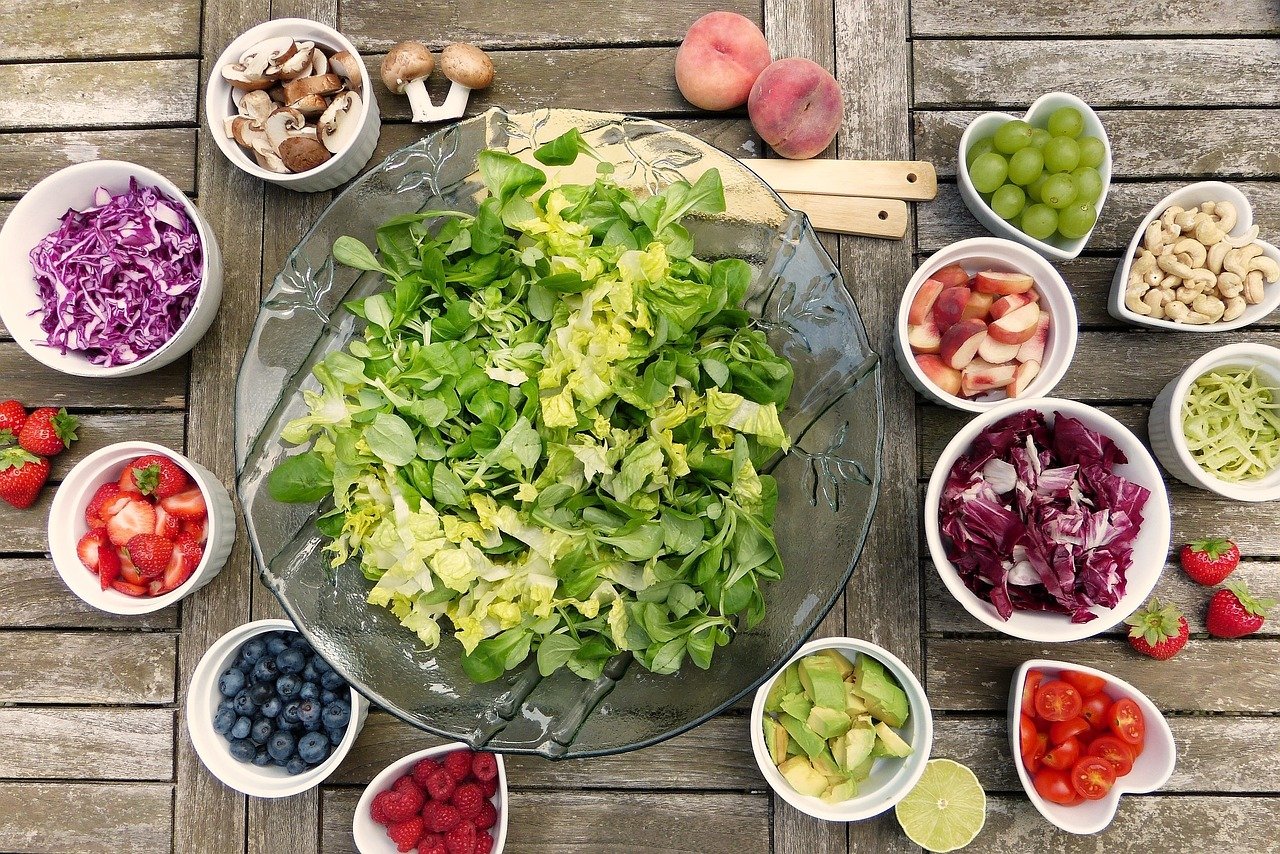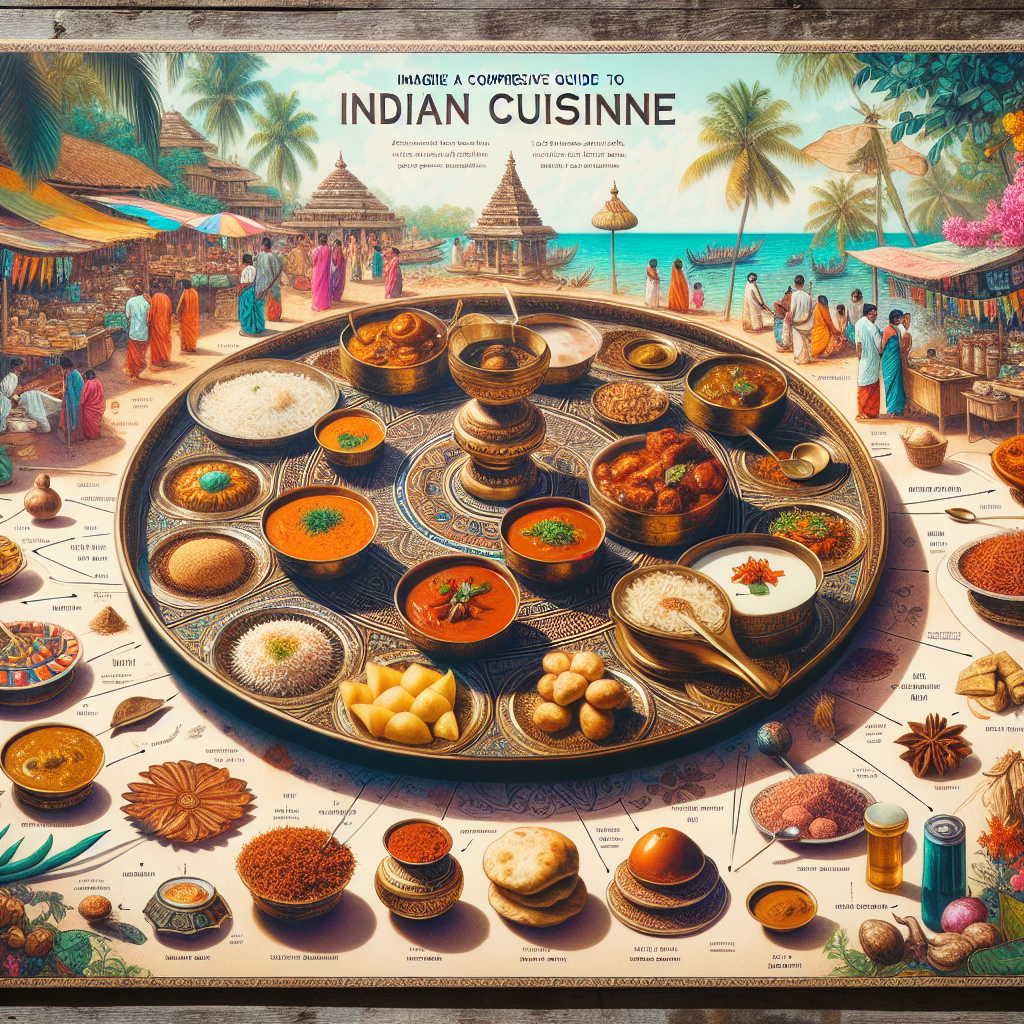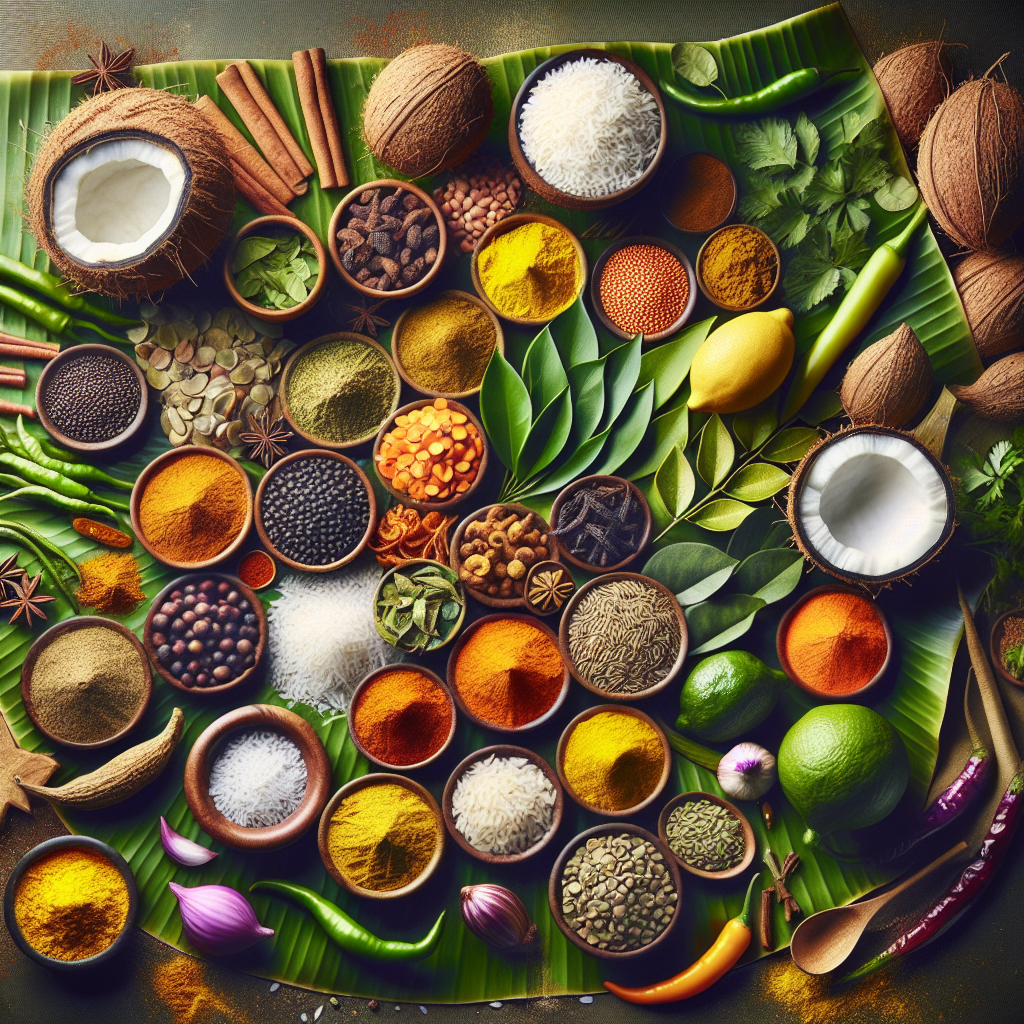Bringing a new life into the world is an extraordinary experience, and for new mothers, it is crucial to focus on proper nutrition to ensure a healthy recovery and adequate energy for caring for their newborns. The postpartum period is a time of significant physical and emotional changes, and what you eat can greatly impact your well-being and ability to care for your baby. This guide provides an in-depth look at the essential foods that new mothers should include in their diet to promote healing, increase energy, and support breastfeeding.
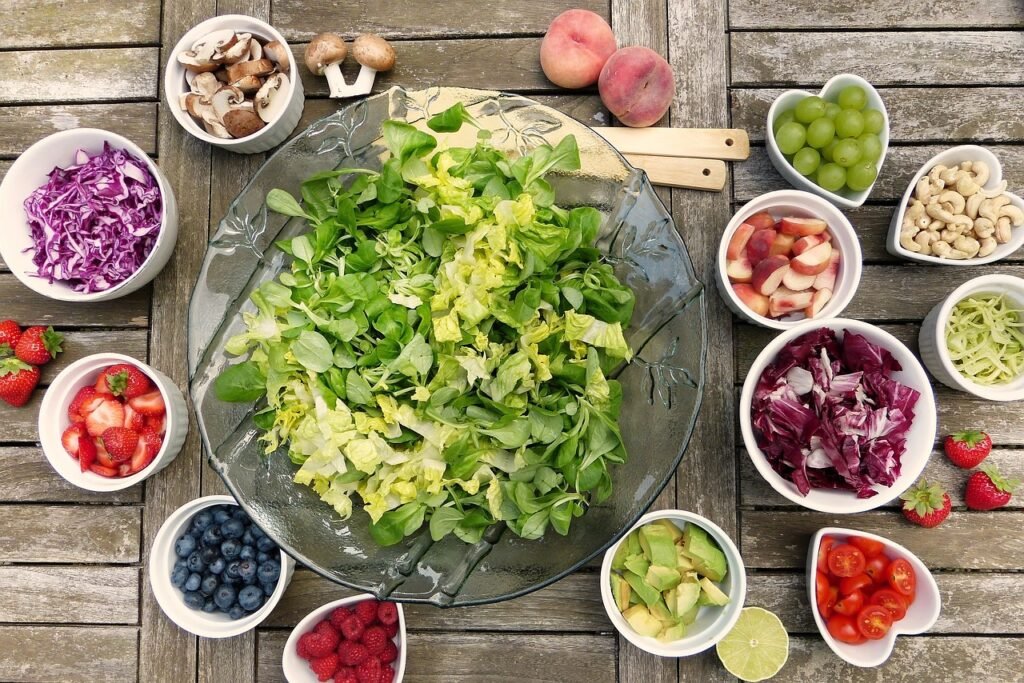
Importance of Postpartum Nutrition
Postpartum nutrition plays a vital role in a new mother’s recovery and overall health. During pregnancy, a woman’s body undergoes significant changes, and childbirth can be physically taxing. Proper nutrition helps:
- Accelerate Recovery: Foods rich in nutrients can help heal tissues, reduce inflammation, and restore energy levels.
- Support Breastfeeding: Breastfeeding mothers need extra calories and nutrients to produce milk and maintain their own health.
- Boost Energy Levels: Caring for a newborn is demanding, and a nutritious diet helps maintain energy levels and prevent fatigue.
- Improve Mood and Mental Health: Certain nutrients can help regulate mood and reduce the risk of postpartum depression.
Key Nutrients for New Mothers
To ensure a balanced diet, new mothers should focus on the following key nutrients:
- Protein: Essential for tissue repair and muscle recovery. Sources include lean meats, poultry, fish, eggs, dairy products, legumes, and nuts.
- Iron: Important for replenishing blood loss during childbirth and preventing anemia. Sources include red meat, poultry, fish, fortified cereals, beans, and leafy green vegetables.
- Calcium: Crucial for bone health, especially if breastfeeding. Sources include dairy products, fortified plant-based milks, leafy greens, and almonds.
- Omega-3 Fatty Acids: Vital for brain health and reducing inflammation. Sources include fatty fish (such as salmon and sardines), flaxseeds, chia seeds, and walnuts.
- Fiber: Helps with digestion and prevents constipation, which is common postpartum. Sources include whole grains, fruits, vegetables, and legumes.
- Hydration: Adequate fluid intake is crucial, especially for breastfeeding mothers. Water, herbal teas, and broths are good choices.

Best Foods for New Mothers
Incorporating a variety of nutrient-dense foods can help new mothers meet their nutritional needs. Here are some of the best foods to include in a postpartum diet:
1. Lean Proteins
- Chicken and Turkey: These are excellent sources of lean protein and can be easily included in various dishes.
- Fish: Fatty fish like salmon are rich in omega-3 fatty acids, which are beneficial for brain health.
- Eggs: High in protein and versatile, eggs are also a good source of vitamin D.
- Legumes: Beans, lentils, and chickpeas are great plant-based protein sources and also provide fiber.
2. Whole Grains
- Oats: High in fiber and iron, oats can help with digestion and provide sustained energy.
- Quinoa: A complete protein that is also rich in iron and magnesium.
- Brown Rice: Provides fiber, vitamins, and minerals, and is a great base for many meals.
- Whole Wheat Bread: A good source of complex carbohydrates and fiber.
3. Fruits and Vegetables
- Berries: Rich in antioxidants, vitamins, and fiber, berries can boost your immune system and energy levels.
- Leafy Greens: Spinach, kale, and Swiss chard are high in iron, calcium, and folate.
- Sweet Potatoes: Packed with beta-carotene, vitamin C, and fiber.
- Bananas: An excellent source of potassium, which helps maintain fluid balance and energy.
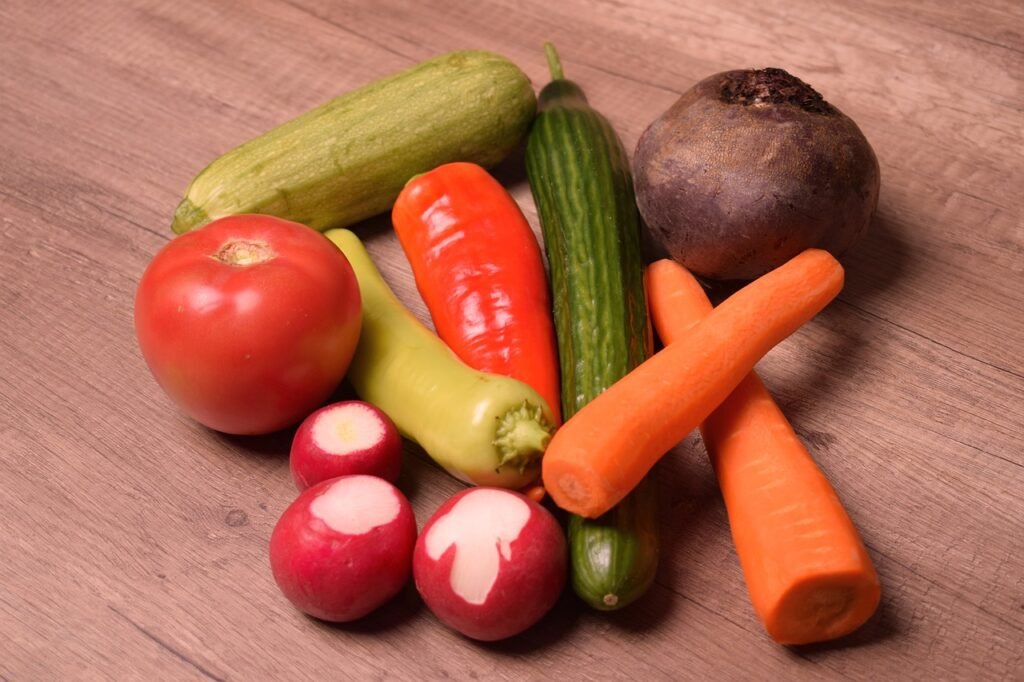
4. Dairy and Alternatives
- Greek Yogurt: High in protein and probiotics, which are beneficial for gut health.
- Milk: Provides calcium, vitamin D, and protein. Opt for fortified plant-based milks if you are lactose intolerant.
- Cheese: A good source of calcium and protein. Choose low-fat options for a healthier choice.
5. Nuts and Seeds
- Almonds: High in healthy fats, protein, and calcium.
- Chia Seeds: Rich in omega-3 fatty acids, fiber, and antioxidants.
- Flaxseeds: A great source of omega-3s and can be added to smoothies, oatmeal, or yogurt.
- Walnuts: Provide healthy fats and protein, promoting brain health.
6. Healthy Fats
- Avocado: Packed with healthy monounsaturated fats, fiber, and vitamins.
- Olive Oil: A healthy fat that can be used in cooking and dressings.
- Nut Butters: Peanut butter, almond butter, and others are good sources of protein and healthy fats.
Sample Postpartum Meal Plan
Here’s a sample meal plan that incorporates these nutritious foods:
Breakfast:
- Greek yogurt with berries and a sprinkle of chia seeds.
- Whole grain toast with avocado and a poached egg.
Snack:
- A handful of almonds and a banana.
Lunch:
- Grilled chicken salad with mixed greens, cherry tomatoes, cucumbers, and olive oil dressing.
- A side of quinoa.
Snack:
- Carrot sticks with hummus.
Dinner:
- Baked salmon with sweet potato and steamed broccoli.
- Brown rice on the side.
Snack:
- A small bowl of oatmeal with a drizzle of honey and sliced almonds.
Tips for Maintaining a Healthy Diet Postpartum
- Plan Ahead: Prepare meals in advance when possible, especially during the later stages of pregnancy. This ensures you have nutritious meals ready when you’re too tired to cook.
- Stay Hydrated: Drink plenty of water throughout the day, particularly if you’re breastfeeding.
- Listen to Your Body: Eat when you’re hungry and stop when you’re full. Your body will guide you in consuming the right amount of food.
- Involve Family and Friends: Don’t hesitate to ask for help with meal preparation or grocery shopping. Support from loved ones can make a big difference.
- Avoid Empty Calories: Limit consumption of sugary snacks, sodas, and highly processed foods that offer little nutritional value.
Special Considerations for Breastfeeding Mothers
Breastfeeding mothers have additional nutritional needs to ensure both their health and the baby’s. Here are some specific tips:
- Increase Caloric Intake: Breastfeeding can burn an additional 500 calories per day. Include nutrient-dense snacks and meals to meet this demand.
- Focus on Hydration: Breastfeeding can make you thirsty, so drink water regularly and consider having a glass of water with every feeding session.
- Consider Supplements: Talk to your healthcare provider about taking a multivitamin or specific supplements like DHA or vitamin D if you’re not getting enough from your diet.
- Monitor Baby’s Reaction: Some foods might affect your baby’s digestion through breast milk. Pay attention to any signs of discomfort in your baby after you consume certain foods and adjust your diet accordingly.
Conclusion
Proper nutrition is essential for new mothers to recover from childbirth, maintain energy levels, and support breastfeeding. By focusing on a balanced diet rich in lean proteins, whole grains, fruits, vegetables, dairy or alternatives, nuts, seeds, and healthy fats, new mothers can ensure they are getting the nutrients they need. Planning meals ahead, staying hydrated, and listening to your body’s needs can further enhance your postpartum health. Remember, taking care of yourself is just as important as taking care of your new baby.
This comprehensive guide aims to provide new mothers with the knowledge and resources they need to make informed dietary choices during the crucial postpartum period. By following these recommendations, you can promote your recovery, support your breastfeeding journey, and enjoy the precious moments with your newborn.

